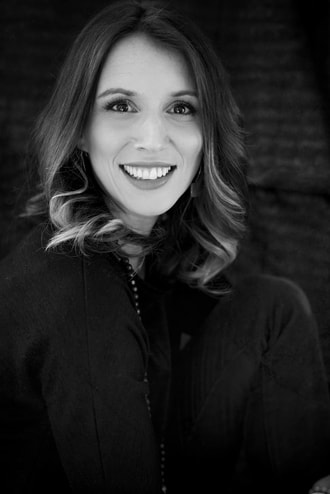 Today’s featured Writefest speaker is Kate Martin Williams, writer, editor and co-owner of Bloomsday Literary. She attended the University of Tennessee and earned a Master of Arts degree in English with a creative writing emphasis from the University of Tennessee. She holds a master’s degree in teaching from Rice University, and in a former life, she chilled her writerly bones on an ice rink as a competitive (but decidedly non-combative) figure skater and coach. Her writing life has led her to bear witness to the stories of activists, survivors, visionaries, and the everyday people who make a difference by living engaged lives. She lives in Houston with three ridiculously lovely children, ridiculously supportive husband, and their dog, Abigail, who’s just plain ridiculous. Williams had a conversation with Writespace about her editorial approach at Bloomsday. What do you look for when choosing works for publication? Bloomsday is seeking to work with writers of diverse ethnic backgrounds, with voices that are distinct, unique, and unafraid. We look especially to publish people of color whose work has not historically been given the same opportunities to rise to the surface in a crowded literary landscape. We are accepting novels, short story collections, creative nonfiction, and poetry. The mission of Bloomsday is two-fold: we strive to publish voices that have and continue to be underrepresented in traditional publishing, and also create community within our city by sharing stories, striving to reach wider audiences. So when we evaluate new work, we’re thinking about how this story-telling will stitch us together, will shed some light on the human experience. In short we are not scared of MORE. More voices, more light, more stories, not LESS. How do you replenish your creative well? I get really encouraged (and this sounds weird) when I hear people in the “old guard" publishing world saying the same old thing about the same writers, pretending they’re doing something different. We have lots of work to do to turn publishing towards new voices, but there’s room for people who have a focused eye to shepherd good work to a hungry audience. The more they drone on about old stuff, the more it pushes us to seek out what’s happening on the razor’s edge, carving out our place. When I get to hang with people who are pursuing new ways to communicate, different modes of expression, pushing art to be more and more human in ways that reach new audiences, I feel like I could do this all day and every day. We are a team of three people. One of our partners, Phuc Luu, calls this work that feeds the soul. We’re too surrounded by really amazing creators to be uninspired. How has your writing experience influenced you as an editor/publisher? Jessica Cole (co-founding editor on the Bloomsday team) and I went to graduate school together, and wrote novels on our laptops back-to-back. We cut our teeth writing together (we even have a novel we’re co-authoring together). We come to the table as writers first, writers who work in collaboration. We treat our authors in the same way we want to be treated by our editors. We build relationships grounded in trust and mutual respect from which the work emerges more strongly honed by the collaboration. If the process isn’t that, then why collaborate with an editor at all? We’ve had the benefit of good editing from good friends who respect the work for what it is trying to be. That’s how we approach our authors’ work. What would you tell your younger (15-year-old) self? BE SKEPTICAL OF THE SYLLABUS. Read more people of color, more women, more works in translation. Figure out who made the list, figure out who they left out, then go make your own list. I spent too much time reading what people told me to. What’s one thing you want people to remember about Bloomsday? I think there are many, many lovely cities in this country. Cities I love. But what Houston has that no other city has is a wellspring of culture that makes us a place brimming with Voice. We know that we’re the most diverse of the large cities in the US, but not a lot of other folks do. (Can I tell you how many times Angelenos/as try to tell me they are the most diverse?) Bloomsday wants to be a part of letting the rest of the world in on this little secret. By publishing great voices, from this town, but also from abroad, we are saying that listening (and caring about) these disparate voices is to our benefit as a people—as humans—who have to figure out how to love together. Want to hear more from Kate Martin Williams at Writefest? Her schedule will be posted on our website soon. She will also be taking pitches during our pitch sessions!
0 Comments
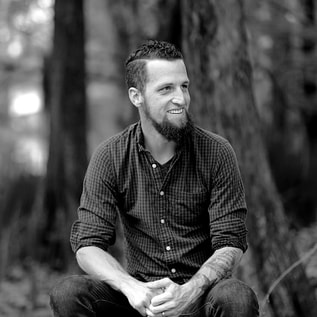 Today’s featured Writefest speaker is J. Bruce Fuller, a poet and acquisitions editor at Texas Review Press. He is a Louisiana native. His chapbooks include The Dissenter's Ground, Lancelot, and Flood, and his poems have appeared at The Southern Review, Crab Orchard Review, McNeese Review, Birmingham Poetry Review, and Louisiana Literature, among others. Fuller has received scholarships from Bread Loaf, the Sewanee Writers’ Conference and Stanford University, where he was a 2016-2018 Wallace Stegner Fellow in Poetry. He received his MFA from McNeese and his Ph.D. from the University of Louisiana at Lafayette. He currently teaches at Sam Houston State University where he is Acquisitions Editor at Texas Review Press. How has being a poet influenced you as an editor? It helps me to remember that there is an artist, a real person, and their work, at stake. Publishing can be a very business-oriented atmosphere, and when I am working on a project it helps that I know what it feels like to be on both sides of the table. I consider myself to be a writer-friendly editor, because I am a writer too, and that is how I want to be treated. Poetry too, prepares us to engage with heightened language and metaphorical language, so even when evaluating fiction, nonfiction, or scholarly prose, I am always looking for the work that is operating in the realm of heightened language. What would you tell your younger self? That list is too long to go into here, but I remember as a 17-year-old, thinking that I wanted to be a poet, and I would say to myself repeatedly, “1998 is going to be a big year for me…” Looking back, I laugh because it was so ridiculous in a way. I thought I was ready to have a book out, and that I was ready for all that comes along with that. I was a kid, sure, but what I didn’t realize was that it would take another 20 years of working, studying, and disappointment to achieve just a fraction of what I used to daydream about as a teenager. I’m afraid if I told my younger self these things I would have been too discouraged to continue. So I probably wouldn’t tell him anything. What keeps you inspired to write day after day? A professor once told me that it is easy to be a poet before you’re 30. I was 31 at the time. This idea struck me because I had read many of the statistics of how many people quit writing post-MFA and at the time I had just finished my MFA, so I was concerned that I would fall into the same problem. It is understandable why this happens, and there are many factors, but often it boils down to life getting in the way. Because I had been warned of this I have tried to remain vigilant about my writing time. Between work and kids and daily life I often have to force myself to take the time to just sit and work on my writing. There’s no magic pill you can take; you just have to make writing a priority, however that works for you. I was lucky to have many good role models. Setting aside the time to write is not always enough, and when poems are not coming easily I often read. Reading always works for me because it is so inspiring to read great work and it makes me want to join that conversation and make my poems just as good. I love seeing what my colleagues are doing, and even if no poems come to me, and hour or two reading great poems is time well spent. Want to hear more from J. Bruce Fuller at Writefest? His schedule will be posted on our website soon. He will also be taking pitches during our pitch sessions! Be sure to secure your tickets to Writefest if you haven't already!
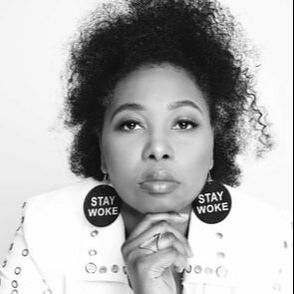 We are proud to have Deborah D.E.E.P Mouton, the first Black Poet Laureate of Houston, as a keynote speaker at Writefest 19. This mother, wife, educator, seven-time National Poetry Slam Competitor and Head Coach of the Houston VIP Poetry Slam Team was ranked the #2 Best Female Performance Poet in the World. Her genre-bending poetry has engendered unconventional collaborations with groups as disparate as the Rockets and the Houston Ballet. Her work has been featured on NPR, the BBC, and the TEDx circuit. An opera for which she wrote the libretto premieres at the Houston Grand Opera in the spring of 2020. As founding member and executive director of VIP Arts Houston, a non-profit dedicated to promoting literacy and the arts in underserved populations, she seeks to build more bridges that amplify the voices of artists in and around the nation. Her pen name, D.E.E.P., originated in middle school and is an acronym for Determined to Excel in Everything Possible. Her next collection of poems, Newsworthy – published by Bloomsday Literary – is set to release Saturday, April 20. To celebrate, a special event is scheduled at 6:30 p.m. at the Wilhemina Cullen Robertson Auditorium at the University of Houston, Downtown. Deborah graciously agreed to a Writespace interview and provided a glimpse into her creative process and dynamic mind. What's the best part of being the Poet Laureate for the City of Houston? Just being with people. The Poet Laureate position has given me access to so many types of people and places that I wouldn't have ever met or visited before. I recently got to travel to Leipzig, Germany to read and work in translation. I remember walking the streets and thinking "How did I get here?" Over the course of my term, I have asked myself that in wonder quite often. How has Houston influenced your writing? Houston has taught me resiliency. Prior to moving here, my writing was a very selfish thing. I wrote to be listened to. I think Houston has sharpened my ears and taught me that so many things around me are ringing worth stories. Even before Harvey, when I was a young adult settling into myself, Houston was a testing ground for my character and strength. I think that has shaped my writing in all kinds of ways. What would you tell your younger (15-year-old) self? Take more risks. I often regret more of what I didn't do than what I have done. I think that and, being a writer can be a real thing, even for you. In Black and Brown communities, we rarely affirm that being an artist or a creative is valuable before it is successful. I would remind myself that there has to be a first in everything and that I am talented enough to be that. I think I am still reminding myself of that. What pushed you into poetry? My high school English teacher, Mrs. McCurry pushed me into writing. I mean, I was already writing stories. She pushed me into poetry. I remember writing response poems for A Midsummer's Night Dream. She made me believe any of it was worth it. She actually introduced me to poetry slam too, from there, I couldn't get enough of it. I owe her more than she will ever know. What keeps you inspired to write day after day, year after year? Prior to this year, I wouldn't have known how to answer this. Now, I have had to put self-care practices in place. I try to get somewhere quiet at least once a week. This could be sitting at a park or just stealing 5 minutes in a closet when my kids are distracted. A little bit goes a long way. I have also recently taken up gardening. My grandmother loved her garden. There is something about tilling the earth and reaping a harvest of something that you planted that is highly gratifying. What is Newsworthy about? I think it is about a lot of things. On the surface, racism, police abuse, the news. But on a deeper level, it is about fear and how it creeps in until it is normal. It is about how it squats until you forget who owns the house. It is about the people who suffer the living with it and the anger that makes love to it in the daytime. I hope that all of that is examined. Not just how a people could watch and ingest, but how our society has made racial targeting a newsworthy event that all partake in. Want to hear more from Deborah Mouton at Writefest? Her schedule will be posted on the Writefest website soon. And don't miss the Newsworthy book launch on April 20th! Writefest kicks off with a series of four-day, genre-specific writing workshops. Held in beautiful artists' studios in Silver Street Studios, the Writefest Weekday Workshops will run Monday, May 27th - Thursday, May 30th, from 9:30 AM - 12:30 PM. Today we're highlighting this year's Science Fiction & Fantasy workshop, taught by Tex Thompson! Science fiction and fantasy is a wide-encompassing genre where anything can happen! It all boils down to the question of what if? What if humanity traveled to the stars? What if a young farmboy pulled a sword from a stone? Or, if you're this year's instructor, what if the world of a standard western is populated by all manner of fantastical creatures? Check out an excerpt from Tex's novel One Night in Sixes to get a glimpse of her imagination! About the Writefest 19 Science Fiction & Fantasy Workshop Speculative fiction is full of limitless possibilities: all you have to do is write a story that takes place outside the world as we know it. If only it were that simple! But whether you’re constructing a fantasy realm, inventing an alternate past, or postulating a post-apocalyptic future, some principles of good story-crafting are universal – and you can start applying them right away. Come learn the secrets of crafting innovative, believable, dynamic other-worlds that your readers will want to explore for years to come. This course includes:
Writers of all levels are welcome. Come ready to share some of your work in progress! To read more about the Writefest 19 Weekday Workshops, as well as the rest of the events planned for this year's festival, please visit our site.
Writefest kicks off with a series of four-day, genre-specific writing workshops. Held in beautiful artists' studios in Silver Street Studios, the Writefest Weekday Workshops will run Monday, May 27th - Thursday, May 30th, from 9:30 AM - 12:30 PM. Today we're highlighting this year's Literary Fiction workshop, taught by Thomas McNeely! Literary fiction aims to tell imagined stories in beautiful language. With its focus on character development, it's a genre that explores psychological truths even though its characters and plots are completely fictional. To get a feel for literary fiction, check out Thomas's story "Sheep," first published in The Atlantic. About the Writefest 19 Literary Fiction Workshop "Literary Fiction" is what you make of it; it's a term for writing that aims to depict something true about life. In this craft-based workshop, we will blend critique of your short fiction or novel excerpts, discussion of published stories, and in-class exercises, with the aim of discovering your voice and articulating your truth in fiction. To read more about the Writefest 19 Weekday Workshops, as well as the rest of the events planned for this year's festival, please visit our site.
Writefest kicks off with a series of four-day, genre-specific writing workshops. Held in beautiful artists' studios in Silver Street Studios, the Writefest Weekday Workshops will run Monday, May 27th - Thursday, May 30th, from 9:30 AM - 12:30 PM. Today we're highlighting this year's Short Story workshop, taught by Kirk Wilson! Novelists might get a lot of attention, but the short stories have been around since the days of oral storytelling--we can trace the roots of the short story back to legends, fables, and folk tales. These days short stories can do it all, and we are thrilled to offer Writefest attendees a space to focus on the short form exclusively. For a glimpse into all that short stories can do, check out Kirk's story "The Heart of Things," originally published in The Wordstock Ten anthology. About the Writefest 19 Short Story Workshop What is a “short story” anyway? In this class, we’ll examine the building blocks of short fiction from voice to word choice, to dialog and description. We’ll answer some of the fundamental questions of writing story, discuss techniques for revision, and explore the final stages of submitting to journals and small presses. This workshop will include a mix of craft lectures, opportunities to generate new work, and open discussion of your work (a story of up to ten pages) in a supportive workshop setting To read more about the Writefest 19 Weekday Workshops, as well as the rest of the events planned for this year's festival, please visit our site.
Writefest kicks off with a series of four-day, genre-specific writing workshops. Held in beautiful artists' studios in Silver Street Studios, the Writefest Weekday Workshops will run Monday, May 27th - Thursday, May 30th, from 9:30 AM - 12:30 PM. Today we're highlighting this year's Flash Fiction workshop, taught by writer Kathryn Kulpa! Flash fiction is a unique literary form. Half poetry, half short fiction, it's characterized by its extremely short length (anything under 2000 words typically qualifies) and requires the writer to consider every word with extreme care. Check out Kathryn's flash piece "The Last Thing She Wore," published on Monkeybicycle, to see a flash master in action! About the Writefest 19 Flash Fiction Workshop What is flash fiction? It is not simply vignette, or a long story cut short, but its own unique genre that walks the border between poetry and prose. This generative workshop will focus on creating new flash fiction pieces. Bring a notebook and come ready to write! We will play with prompts, experiment with style and voice, and find the structure that gives each story its perfect form. The workshop will include close reading of published works that exemplify all the different things flash can be, from 50-word gems to experimental works that push the boundaries of text and image. At the end of the week, we should all have written at least four new stories, plus revisions. I hope that each writer will leave feeling energized, ready to continue the practice of writing flash fiction, and encouraged to explore the many publishing opportunities available for these shortest of stories. To read more about the Writefest 19 Weekday Workshops, as well as the rest of the events planned for this year's festival, please visit our site.
You may have seen some of the new graphics for Writefest 19 floating around our social media the last month or two, but we're delighted to finally show you the full poster for this year's festival!
Ready to see what we came up with? Click "Read More" to find out . . . |
Archives
October 2023
Categories
All
|
-
About
- Our Organization
- Member Success Stories
-
People
>
- Staff
- Board of Directors
-
Faculty
>
- Nick Almeida
- Tanya Aydelott
- Nyri Bakkalian
- Andreana Binder
- Mackenzie Bitz
- Joyce Boatright
- KB Brookins
- Julia Brown
- Kartika Budhwar
- Debbie Burns
- Joe Burns
- Sean Morrisey Carroll
- Cynthia Childress
- Cassandra Rose Clarke
- Jessica Cole
- Mark Dostert
- Emily Foxhall
- Ynes Freeman
- Rosa Boshier González
- Mark Haber
- Matthew Hefti
- Sarah Gajkowski-Hill
- Adam Holt
- Angélique Jamail
- Justin Jannise
- Marlena Johns
- Amal Kassir
- Karleen Koen
- Mike Kowis, Esq.
- Kendra Preston Leonard
- Phuc Luu
- Lorenzo Martinez
- Thomas H McNeely
- Jasminne Mendez
- Ülrika Moats
- Jody T. Morse
- Deborah D.E.E.P. Mouton
- Kinza Muzahir
- Patricia Flaherty Pagan
- Kate Pentecost
- Kathryn Peterson
- Joy Preble
- Brenda K. Preuss
- Paige Quiñones
- Scott Repass
- Icess Fernandez Rojas
- ire'ne lara silva
- Tamara Nicholl-Smith
- Courtney O'Banion Smith
- Rebecca Spears
- Patrick Stockwell
- Victoria Strange
- Marian Szczepanski
- Catherine Vance
- Juan Fernando Villagómez
- Holly Walrath
- Doni Wilson
- Charlotte Wyatt
- D.L. Young
- Theodora Ziolkowski
- Blog >
- Workshops
- Mentoring & Editing
- Events
- Writefest
- Get Involved
- Gift the Writer in Your Life
- Contact
Join our mailing list!
Become a member!
Writespace
1907 Sabine Street, Ste 125
Houston, TX 77007
-
About
- Our Organization
- Member Success Stories
-
People
>
- Staff
- Board of Directors
-
Faculty
>
- Nick Almeida
- Tanya Aydelott
- Nyri Bakkalian
- Andreana Binder
- Mackenzie Bitz
- Joyce Boatright
- KB Brookins
- Julia Brown
- Kartika Budhwar
- Debbie Burns
- Joe Burns
- Sean Morrisey Carroll
- Cynthia Childress
- Cassandra Rose Clarke
- Jessica Cole
- Mark Dostert
- Emily Foxhall
- Ynes Freeman
- Rosa Boshier González
- Mark Haber
- Matthew Hefti
- Sarah Gajkowski-Hill
- Adam Holt
- Angélique Jamail
- Justin Jannise
- Marlena Johns
- Amal Kassir
- Karleen Koen
- Mike Kowis, Esq.
- Kendra Preston Leonard
- Phuc Luu
- Lorenzo Martinez
- Thomas H McNeely
- Jasminne Mendez
- Ülrika Moats
- Jody T. Morse
- Deborah D.E.E.P. Mouton
- Kinza Muzahir
- Patricia Flaherty Pagan
- Kate Pentecost
- Kathryn Peterson
- Joy Preble
- Brenda K. Preuss
- Paige Quiñones
- Scott Repass
- Icess Fernandez Rojas
- ire'ne lara silva
- Tamara Nicholl-Smith
- Courtney O'Banion Smith
- Rebecca Spears
- Patrick Stockwell
- Victoria Strange
- Marian Szczepanski
- Catherine Vance
- Juan Fernando Villagómez
- Holly Walrath
- Doni Wilson
- Charlotte Wyatt
- D.L. Young
- Theodora Ziolkowski
- Blog >
- Workshops
- Mentoring & Editing
- Events
- Writefest
- Get Involved
- Gift the Writer in Your Life
- Contact
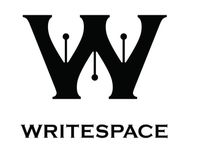


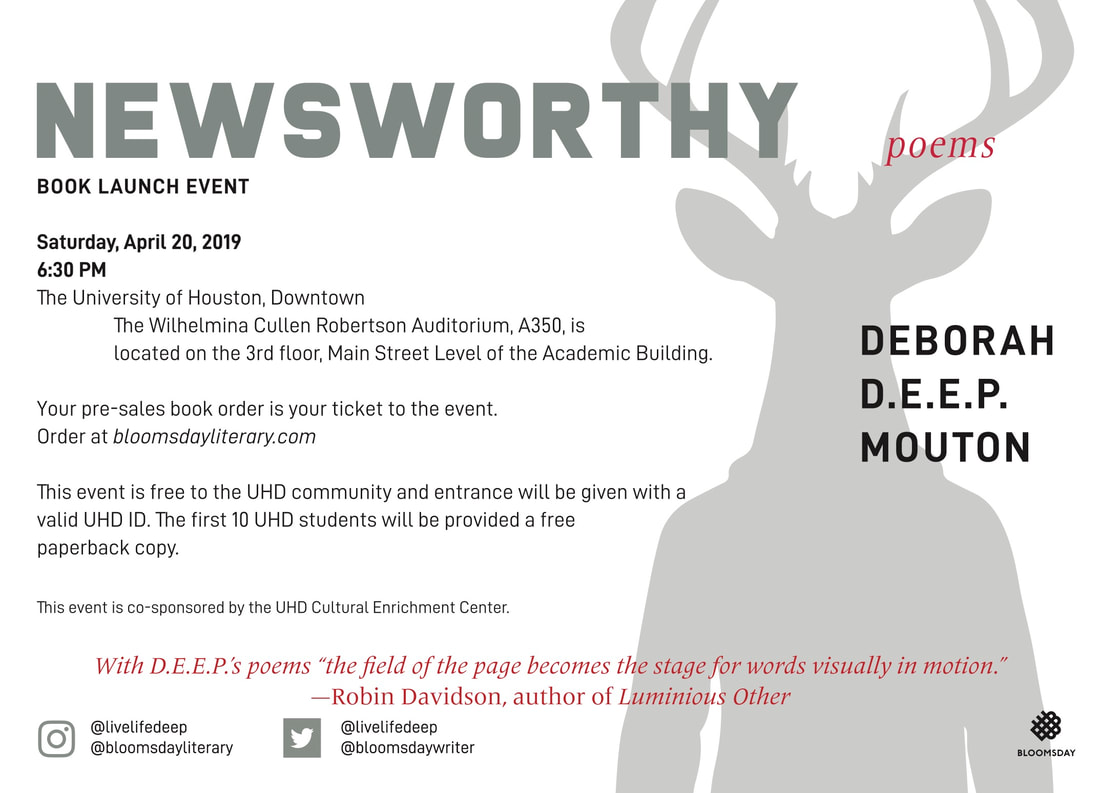

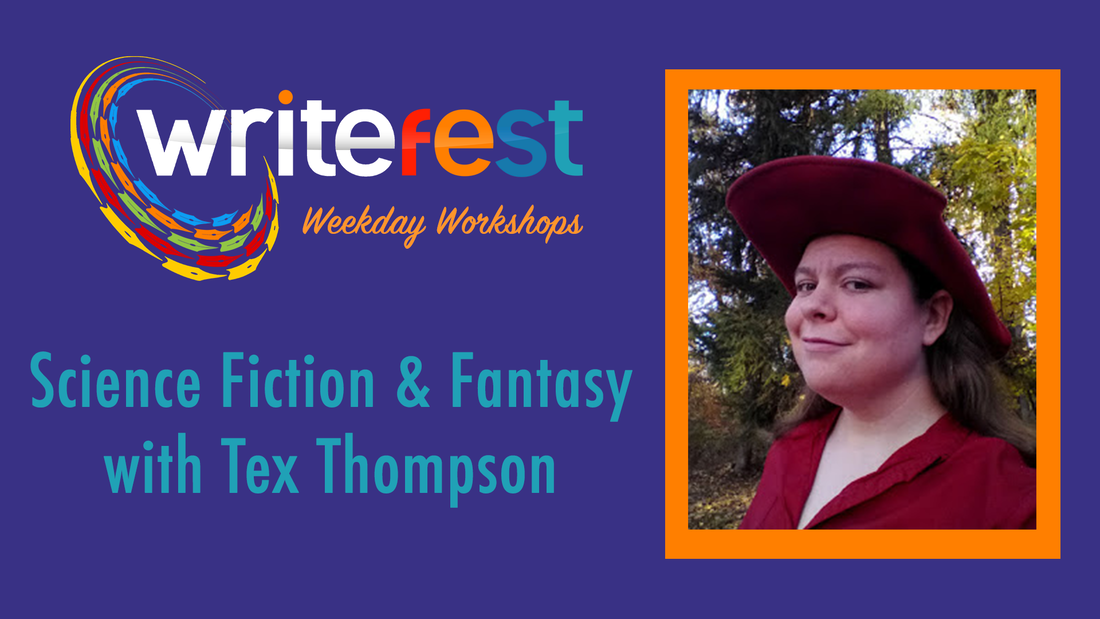
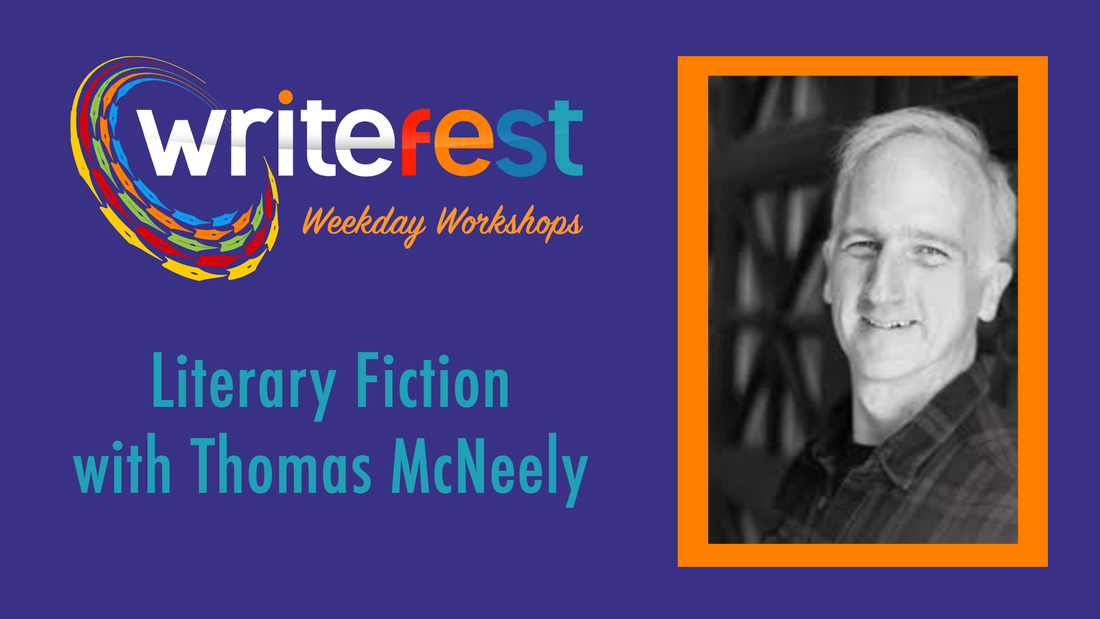
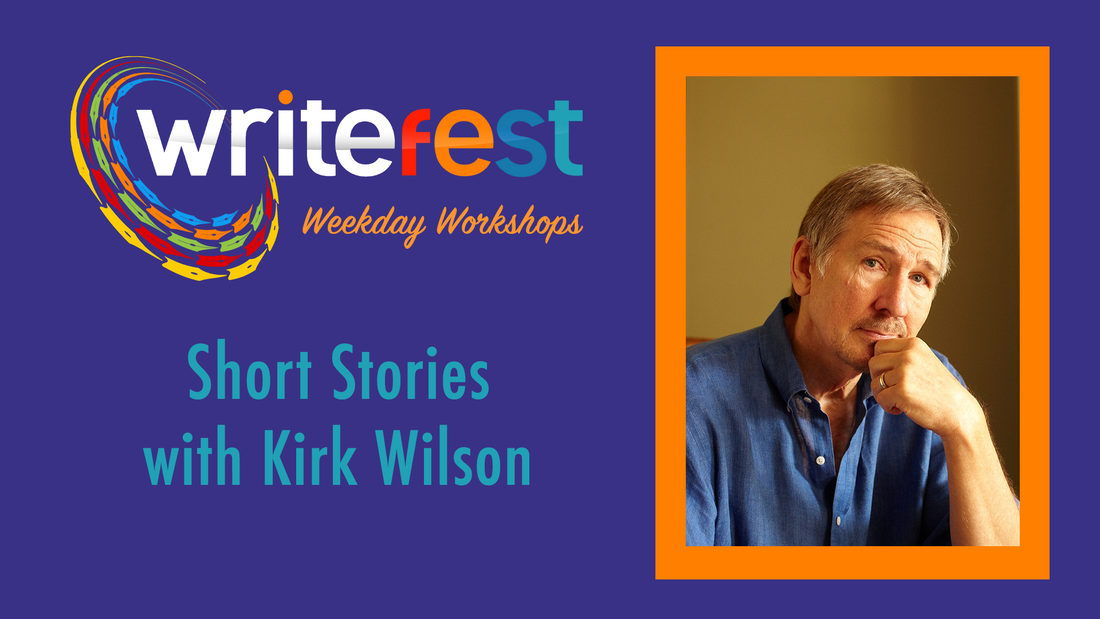
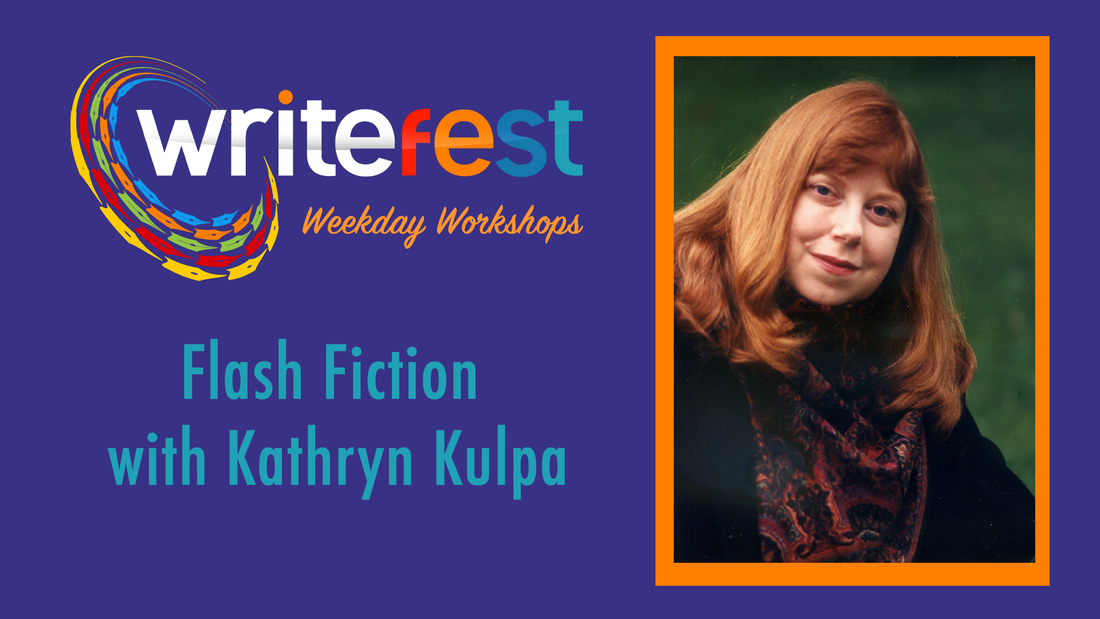
 RSS Feed
RSS Feed